
FX’s new series Alien: Earth is drawing attention not only for bringing the franchise’s terrifying creatures onto American soil for the first time, but also because its creator Noah Hawley says it should not be seen as strict canon to Ridley Scott’s films.
The original Alien film, directed by Ridley Scott in 1979, launched one of the most well-known science fiction horror franchises. Since then, sequels and prequels have expanded the story in different directions. Hawley says that Alien: Earth does not directly connect to Scott’s prequels Prometheus or Alien: Covenant. Instead, it exists on its own timeline without following every rule from the earlier entries.
Speaking to Radio Times during an appearance at the Radio Times Writers’ Room, Hawley emphasized that the show should be viewed as separate but still recognizable within the larger universe. “It’s got to be its own thing. There’s touchstones, there’s references,” he explained. Drawing a comparison to his previous work on Fargo, Hawley described how he borrowed tones and character elements without repeating familiar stories. He pointed to James Cameron’s Aliens, which set characters against each other with different behaviors, such as a child acting like an adult and an adult behaving like a child. Hawley said this type of tone exists in Alien already and gave him space to build something new within that framework.
The series premiered on August 12 with a two-episode debut and will roll out new episodes each week on FX and Hulu. Season 1 consists of eight episodes. Hawley directed several and wrote or co-wrote every installment. Ridley Scott was also involved as producer through his company Scott Free Productions.
The major shift in this new entry is its setting. Past Alien films showed the monsters terrorizing crews aboard spaceships or distant colonies. Alien: Earth instead moves the story to our own planet, with premiere episodes showing what happens when the creatures appear in familiar surroundings. Hawley explained his choice of setting: “I think that the reality is that none of us have ever been on a spaceship before, right? That’s not our environment. But once you see these creatures next to a tree, or in a yard, these are places that we live, we live in homes, and there was something about introducing these creatures into an actual ecosystem that offers a lot of both visual and storytelling ideas.”
The approach has already divided longtime fans. Some welcome the change, while others view it as a departure from tradition. What Hawley has made clear is that Alien: Earth is intended to stand on its own while continuing the decades-long legacy of one of science fiction’s most recognizable monsters. Check out my review here.
***



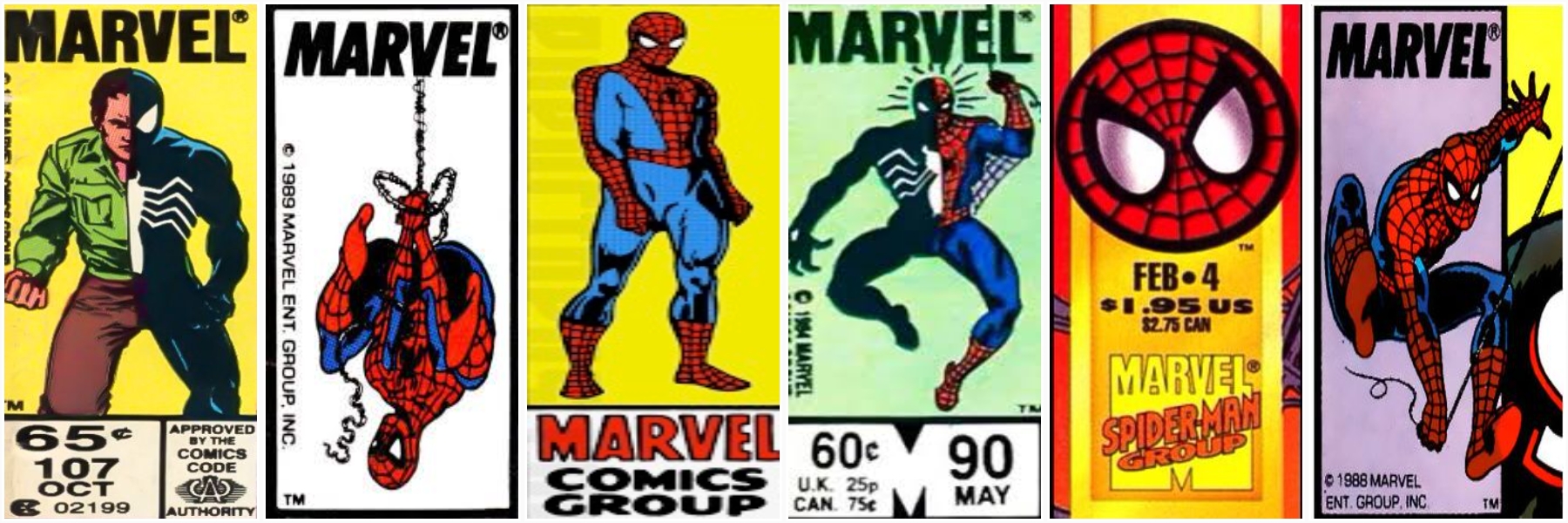

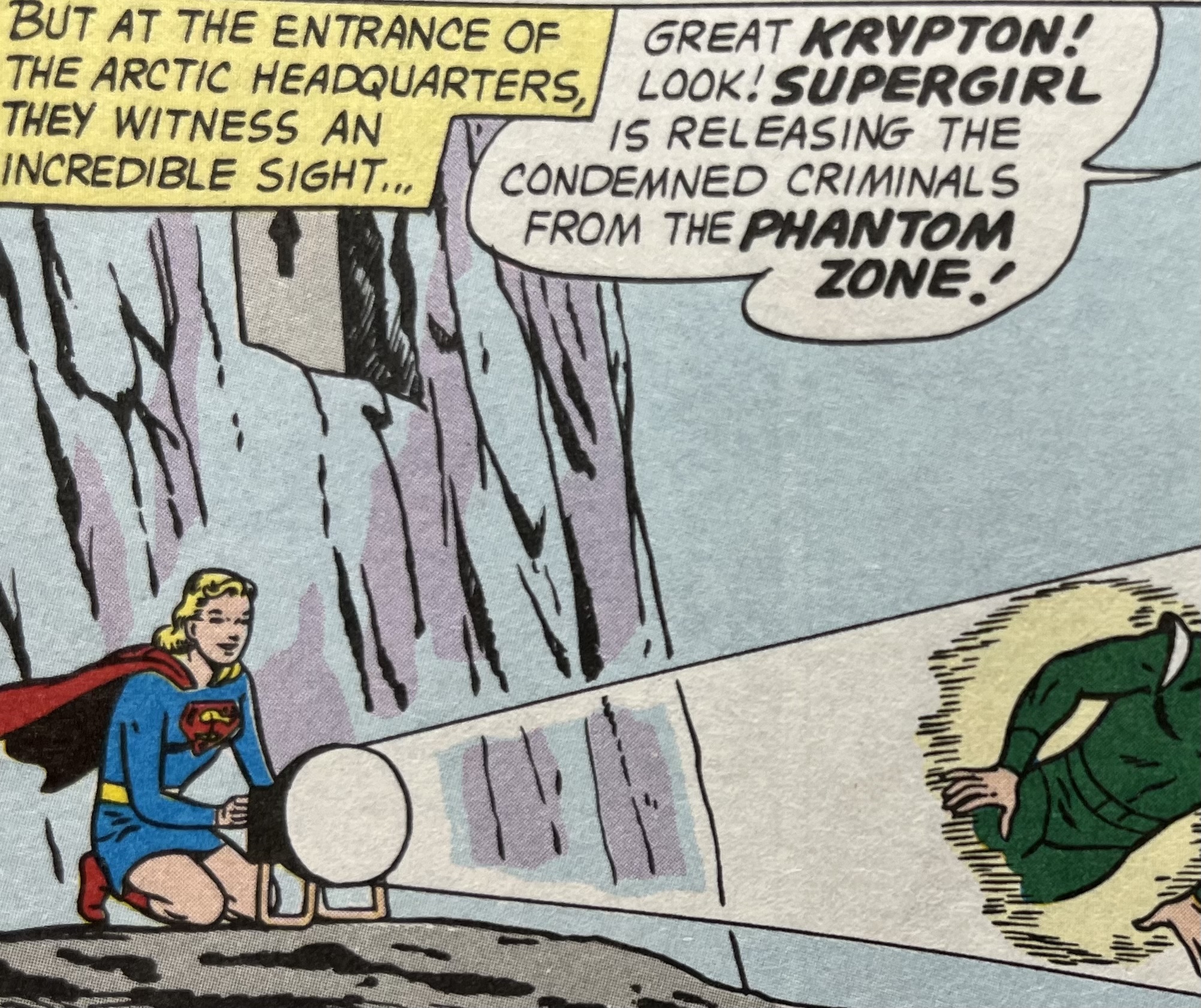
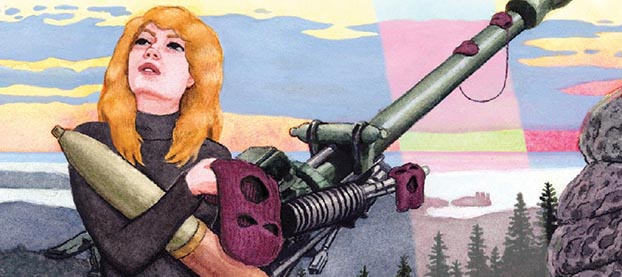
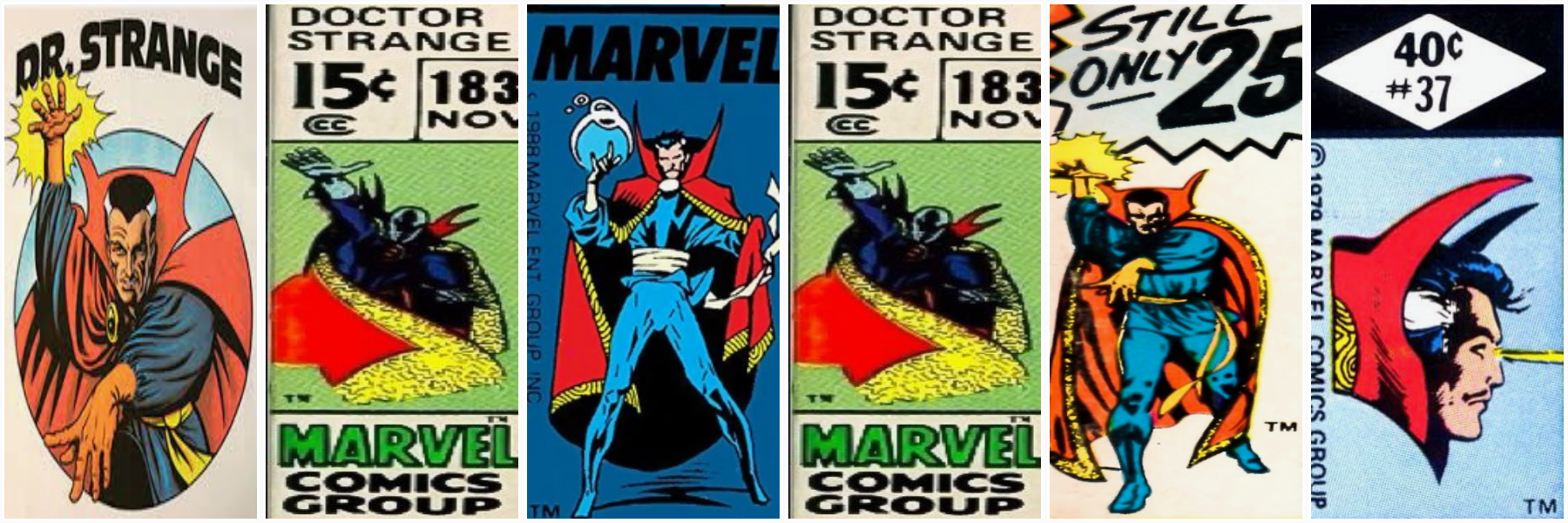





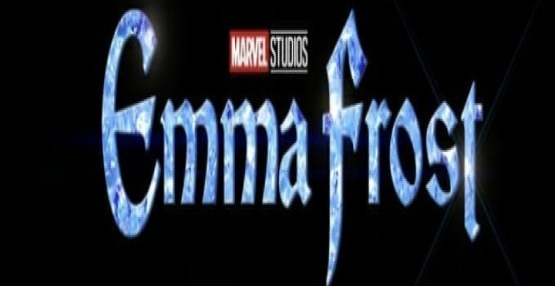



!["Superman" (2025) Brings Heart, High Stakes, and Surprising Twists [SPOILER-FILLED REVIEW]](https://www.supermansupersite.com/Superman_2025_Retro_Poster.jpg)

 English (US) ·
English (US) ·